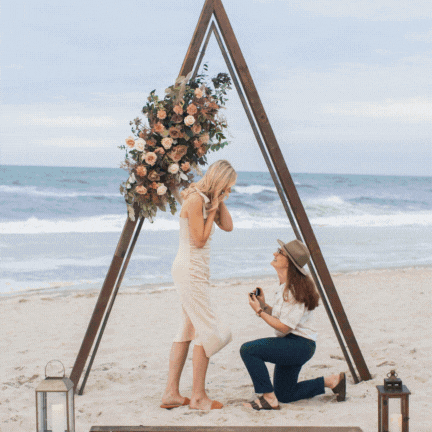By Karen Hawkins, Associated Press
CHICAGO (AP) — A capacity crowd at a historic downtown Chicago venue? No, it isn’t a concert or even the big game — it’s to watch civil unions become legal in Illinois.
When Gov. Pat Quinn signs the historic legislation Monday afternoon, he’ll be joined by up to 900 members of the gay community and their supporters, many of whom have been waiting years for this moment to arrive.
Free tickets to the bill-signing event were long gone by late last week, and the governor’s office planned to set aside a portion of the space at the Chicago Cultural Center as standing-room only.
After Quinn signs the measure sent to him by legislators in December, gay and lesbian couples will be afforded official recognition from the state and gain many of the rights that accompany marriage — for instance, the power to decide medical treatment for an ailing partner and the right to inherit a partner’s property. But Illinois law will continue to limit marriage to one man and one woman, and civil unions still are not recognized by the federal government.
Supporters presented the civil unions legislation as a matter of basic fairness for all Illinois residents, but opponents argued that it moves Illinois closer to legalizing same-sex marriages and could impose unwanted requirements on religious institutions and their programs. Among the opponents were Catholic leaders and conservative groups.
The legislation passed 61-52 in the Illinois House and 32-24 in the Senate.
Quinn has repeatedly said the new law will help the Illinois economy by making the state more hospitable to businesses and convention organizers looking for a place to spend their dollars.
“I think they look for a state that is a welcoming, accepting, hospitable place and that’s what we are in Illinois. We have everybody in and nobody left out,” Quinn said last month.
Dalila Fridi, board member for gay rights group Equality Illinois, said she’s excited to see civil unions become a reality after years of traveling to Springfield to lobby legislators. She said the bill is important to her because her immigration to America from Algeria “was all about rights.”
“When I found out that people here don’t have that right, I was like, ‘What do you mean? It’s America,'” she said.
Five states already allow civil unions or their equivalent, according to the Human Rights Campaign. Five other states and Washington, D.C., let gay couples marry outright, as do countries including Canada, South Africa and the Netherlands.
Some hope civil unions will be a step toward full marriage. That includes longtime community activist Vernita Gray, who says she’ll accept civil unions — for now.
“That’s the crumbs,” she said. “I want the whole pie.”





















